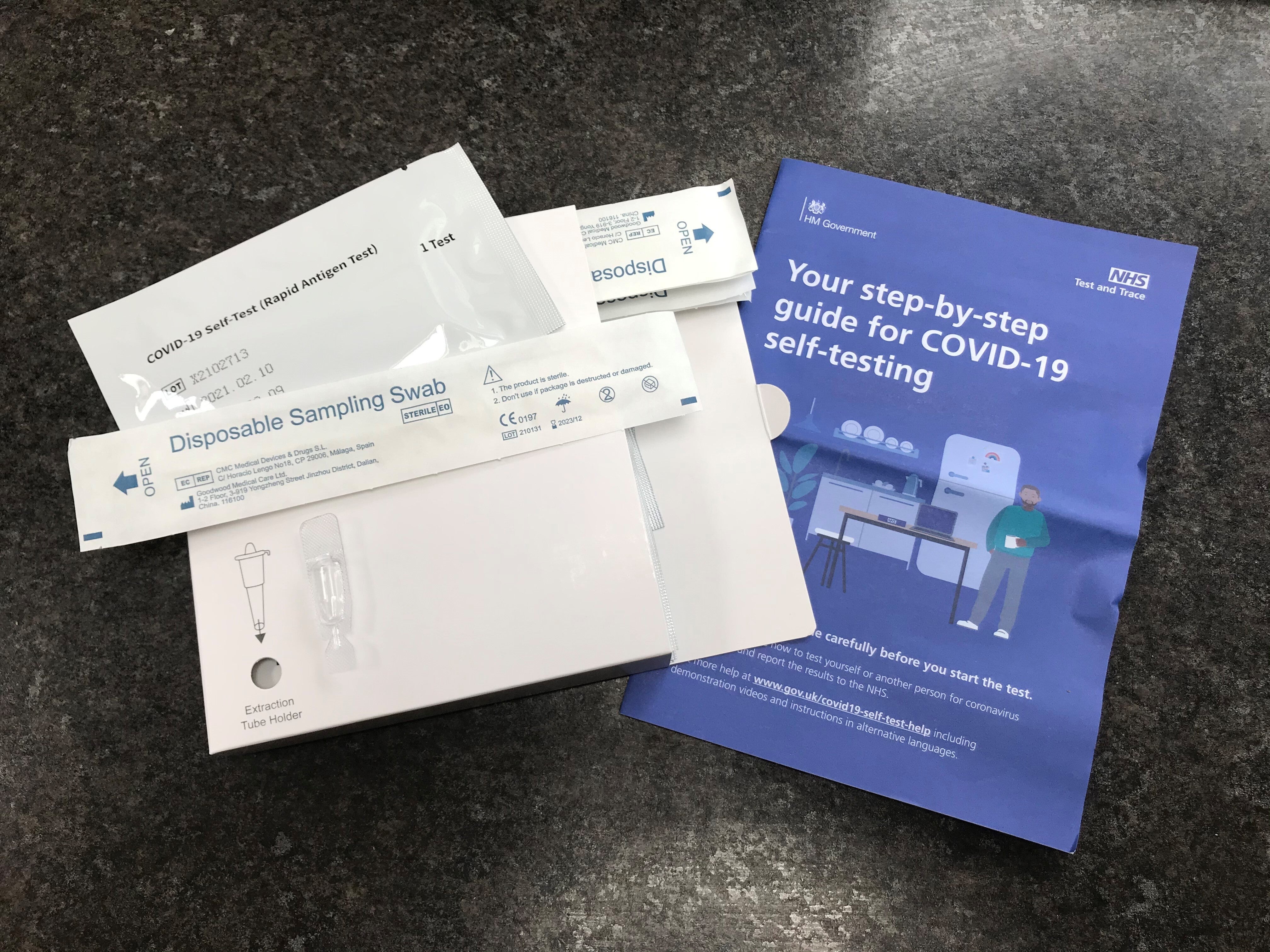Covid-19 antibody levels jump among oldest age groups after spring booster jabs
The presence of antibodies suggests someone has had the infection in the past or has been vaccinated.

Your support helps us to tell the story
From reproductive rights to climate change to Big Tech, The Independent is on the ground when the story is developing. Whether it's investigating the financials of Elon Musk's pro-Trump PAC or producing our latest documentary, 'The A Word', which shines a light on the American women fighting for reproductive rights, we know how important it is to parse out the facts from the messaging.
At such a critical moment in US history, we need reporters on the ground. Your donation allows us to keep sending journalists to speak to both sides of the story.
The Independent is trusted by Americans across the entire political spectrum. And unlike many other quality news outlets, we choose not to lock Americans out of our reporting and analysis with paywalls. We believe quality journalism should be available to everyone, paid for by those who can afford it.
Your support makes all the difference.Covid-19 antibody levels among the oldest age groups have jumped sharply in recent months, following the rollout of spring booster jabs, new figures suggest.
Some 94.3% of people aged 80 and over in England were likely to have antibodies at the start of July, up from 65.8% at the end of March.
Among 75- to 79-year-olds, the proportion stands at 93.1%, up from 62.8%.
The figures have been calculated by the Office for National Statistics (ONS) and use a higher threshold for measuring antibodies than in previous studies, in order to better reflect the proportion of people with the strongest possible antibody response to infection.
Under the lower threshold, antibody levels among the oldest age groups have remained over 90% since November last year.
The presence of coronavirus antibodies suggests someone has had the infection in the past or has been vaccinated.
The new figures are likely to reflect the impact of the spring booster campaign, which was launched in March this year and offered a fresh dose of vaccine to everyone in the UK aged 75 and over who was at least three months on from their most recent jab.
By contrast, antibody levels among people aged 70 to 74 at the highest threshold stood at 59.7% at the start of July, down from 64.9% in March.
Levels are still above 90% when measured using the lower threshold, however.
Another booster campaign will begin this autumn, in order to increase protection ahead of possible further waves of the virus – but this time the jab will be offered to everyone over the age of 50, rather than just over-75s.
Other groups eligible for the autumn jab will include frontline health and social care workers and those aged five to 49 in a clinical risk group, including pregnant women.
Some 74.9% of all adults in England were likely to have Covid-19 antibodies above the highest threshold at the start of July, the ONS said.
This is down slightly from 78.8% in March, but up from 67.0% at the beginning of the year.
All ONS estimates are based on a sample of blood test results from people in private households and are subject to uncertainty, given they are based on samples that are part of the wider population.
It takes between two and three weeks after infection – or vaccination – for the human body to make enough antibodies to fight coronavirus.
Levels are expected to decrease over time irrespective of vaccination or natural infection, especially when exposure to the virus is reduced, the ONS said.
This is because our bodies stop making antibodies when they are not needed.